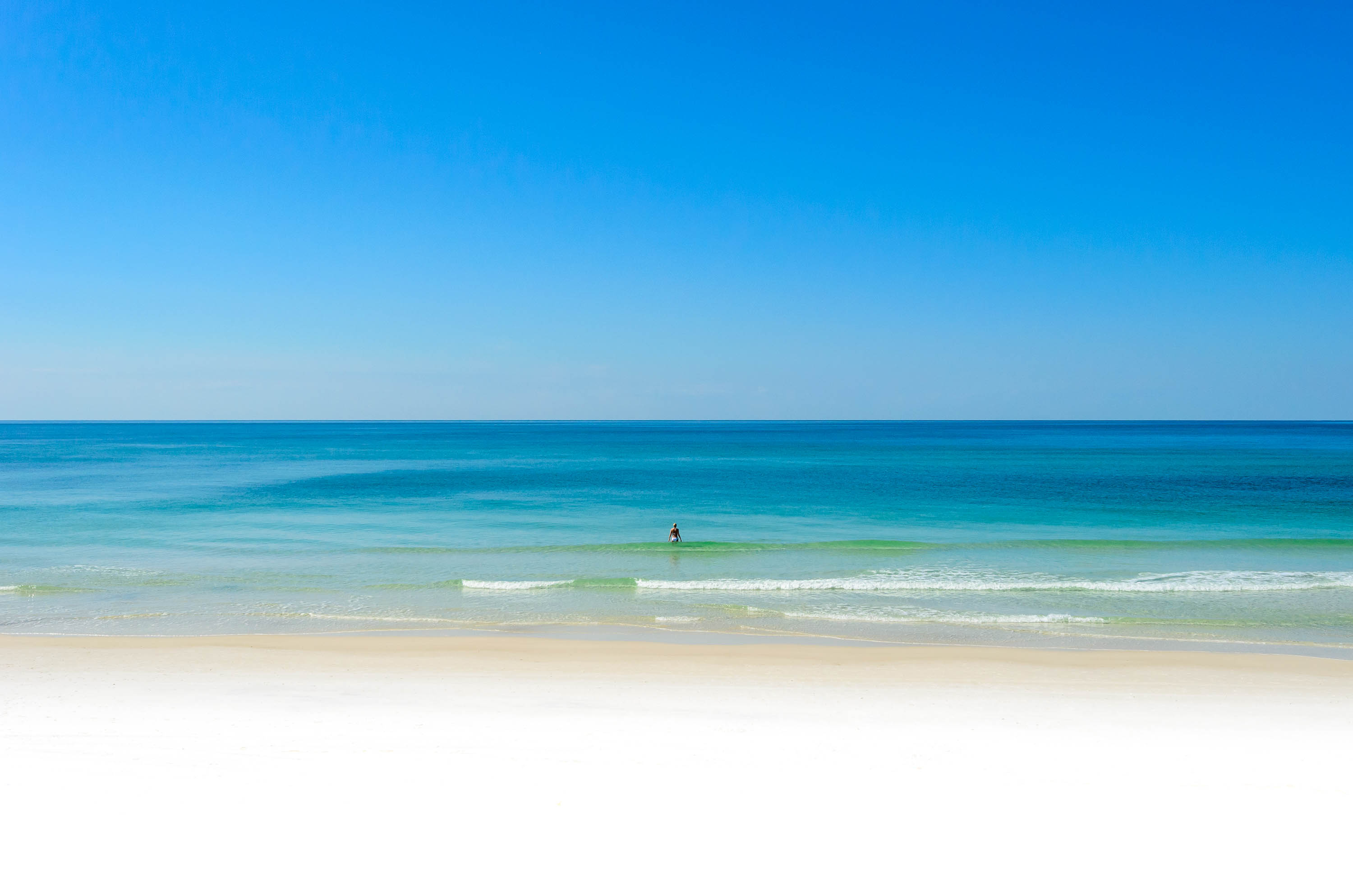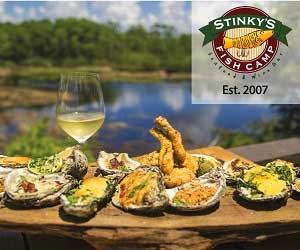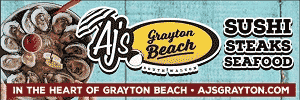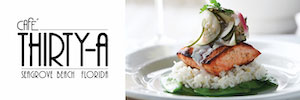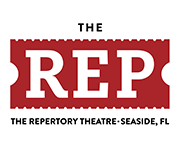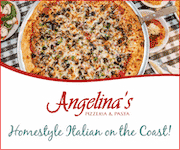Wow, I'm just getting back into town after 2 weeks of blissful computerless living and it's great to see this thread has been revived with so many informative comments.
There are so many comments I want to comment on, I don't know where to begin commenting.
While I was away, I picked up a copy of Vandana Shiva's book, Stolen Harvest: The Hijacking of the Global Food Supply to read on the road. She's a social and environmental justice activist, scientist, and advocate of creating sustainable communities. She has an incredible knack for taking the information from sources like Michael Pollan's Omnivores Dillemma and giving clear explanations of the effects of our simple daily food choices (or lack of choices.)
Susan, you're absolutely right about externalities. These are the hidden costs that are not accounted for in any money making venture. In her book, Vandana mentions these externalities in food production, but poses them in terms of myths we are led to believe. One myth is that industrially raising cattle (CAFO's) is more economical and efficient than free range, grass fed cattle that require more land and time to reach maturation. Some of the externalities not accounted for are the natural resources needed to process the waste from these concentrated feed lots and the water, land, and nutrients needed to grow the grain that is fed to the CAFO cows.
The book is a great, quick eye-opening read at only 127 pages. She takes you through a variety of foods from soy, wheat, beef, fish, etc. and how large corporations, the WTO, and the World Bank deprive us of food choices and the right to safe healthy food. She explains how the choices of the global North affect the global South. She also offers hope and inspiration as she describes the accomplishments that have been made by ordinary citizens in protecting their livelihoods and food supply. She has also started a seed saving movement called Navdanya, to save biodiversity.
Speaking of cost, I often hear, it's too expensive to eat local, organic, non-gmo food, especially now. The truth is that we pay one way or another. We are one of the cheapest nations in terms of how much we spend on food - something that is suppose to nourish and keep us healthy. We spend 9-10% of our income on food where developing countries spend upwards of 50%. Unfortunately, access to good quality food is mistaken as a luxury of the rich (dev. countries) instead of a basic right for all.
The book further reinforced my thoughts about eating consciously, supporting local farmers, being mindful of food origin, and the effects my food choices have on other beings, both human and non-human.
Addressing the issue of extreme thinking and doing: even if we don't make the best choices all the time, we have the option to make a better choice the next time. We can only start where we are and move forward with the information we have at hand.

